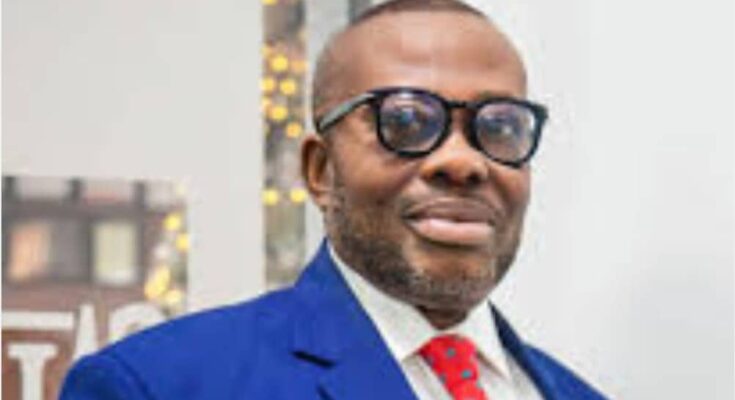The recent criticism by the Human Rights Writers Association of Nigeria (HURIWA) accusing the Supreme Court Justices of “cowardice” and deliberate delay in adjudicating the constitutional challenge to the Rivers State emergency rule is not only untrue, but fails to appreciate the fundamental principles of judicial process and constitutional adjudication.
First, it must be emphasized that cases bordering on the interpretation of the Constitution, especially matters involving the declaration of a State of Emergency, the removal of an elected Governor, and the dissolution of a State legislature, are grave constitutional questions.
The Supreme Court, conscious of its sacred duty, must ensure that due process is meticulously followed, including proper service of processes, filing of necessary responses by all parties, amicus briefs where necessary, and procedural compliance before constituting a panel and fixing a hearing date.
Rushing such a profound matter for hearing without completing these procedural steps would defeat the ends of justice, embarrass the court, and potentially render any decision liable to unnecessary public criticism.
Second, the Supreme Court, as the apex court, does not take instructions or pressure from political or civil society groups on when to hear a matter. The independence of the judiciary means that the Court must manage its docket free from external influence, including media sensationalism.
Constitutional adjudication is not an exercise in activism; it requires careful, dispassionate, and detached analysis, insulated from the political tension swirling around the Rivers crisis. This grave constitutional matter requires appropriate and careful procedural steps to avoid backlash.
Third, the Supreme Court handles a heavy caseload, including election petitions, constitutional references, final appeals from lower courts, and urgent interlocutory applications.
The fact that a date has not yet been fixed barely a month after filing does not necessarily indicate bias, cowardice, or conspiracy. Complex matters sometimes require preliminary conferences, exchange of briefs, filing of counter-claims, and interlocutory motions, which must be resolved before substantive hearing dates are set.
Fourth, it is important for stakeholders like HURIWA to avoid dragging the judiciary into political controversies. Allegations that the Court is trying to “pressure” governors to defect to APC or to endorse any political figure are wild, unsubstantiated, and deeply injurious to the institution of the judiciary.
Without clear evidence, such accusations amount to reckless undermining of public confidence in the judiciary, which is itself a threat to constitutional democracy.
Finally, the Supreme Court Justices are experienced jurists who understand their constitutional responsibilities and can not be casually accused of conspiratorial indifference without verifiable proof.
Rather than condemning the Supreme Court unfairly, HURIWA and other stakeholders should exercise patience and trust in the judicial process.
If there are real concerns about delay, the proper channel would be an application for accelerated hearing, not a public campaign to malign the apex court.
The integrity, dignity, and independence of the judiciary must be preserved if Nigeria’s constitutional democracy is to survive.
▪️Dr Monday Onyekachi Ubani, an Abuja based Legal Practitioner. is a Senior Advocate of Nigeria.
